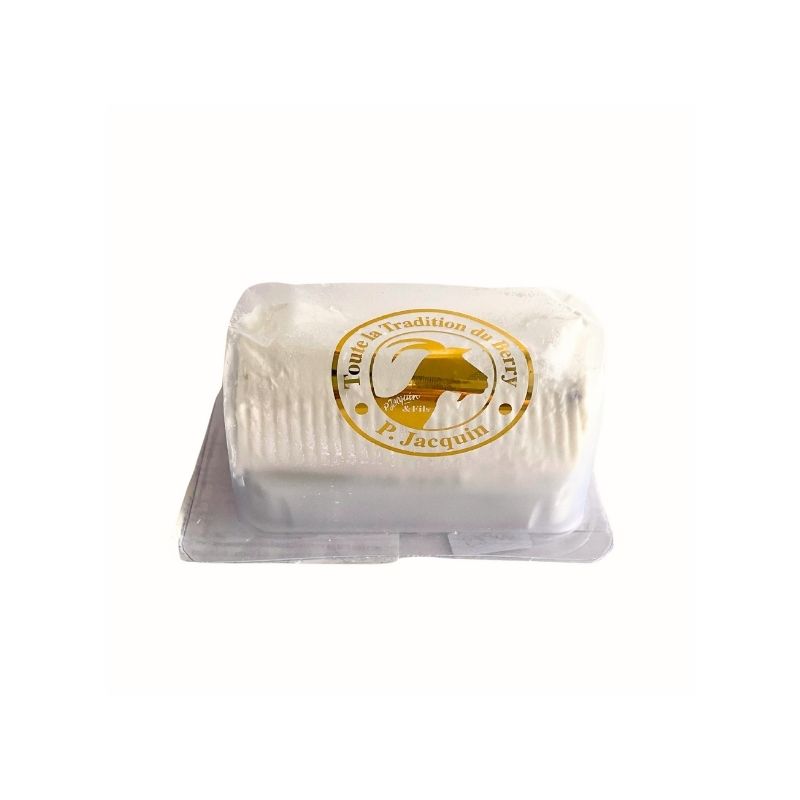Attention

Goat Cheese Log with Honey 100g
Price VAT included. Shipping costs calculated at checkout
Products purchased on Tuduu can be returned within 14 days of receipt, as required by EU regulations. Returns are the responsibility of the buyer and must be coordinated directly with the manufacturer.
Description
The Goat Cheese Log with Honey 100g is a soft goat cheese with a bloomy rind originating from France, specifically from the Loire region. This cheese was created in 1992 by a famous French cheese producer. The idea behind this cheese is to combine the softness of goat cheese with the sweetness of honey. The result is a cheese with a delicate yet intense and aromatic flavor. The rind of the Goat Cheese Log with Honey 100g is covered with a whitish bloom, while the paste is ivory-colored and soft on the palate. This cheese pairs perfectly with a glass of dry white wine or a light beer. It is perfect to be enjoyed as an appetizer or dessert, accompanied by a spoonful of honey. The Goat Cheese Log with Honey 100g is a high-quality cheese, appreciated by gourmets worldwide. Pairings: As a chef, I suggest pairing the goat cheese log with honey with a walnut and honey tart. To prepare the tart, you can use a shortcrust pastry base and fill it with a mixture of chopped walnuts, honey, and a bit of butter. Once baked, you can serve the tart with a slice of goat cheese log and a drizzle of honey on top. This pairing is perfect for a light and refined appetizer or dessert. Storage: Keep refrigerated Aging: 25 Other: Energy value: 310 kcal/1295 kJ Proteins: 16g Carbohydrates: 10g of which sugars: 10g Fats: 23g of which saturated: 16g Dietary fiber: 0g Sodium: 0.5g The goat cheese log with honey is a source of proteins and fats, with a moderate content of carbohydrates and sugars. It is free of dietary fiber and contains a limited amount of sodium. The energy value is 310 kcal per 100g.
Ingredients
Nutritional Analysis
Attention
Macronutrients (100 gr)
| Energy (kcal) | 310 |
| Carbohydrates (g) | 10 |
| of which Sugars (g) | 10 |
| Fat (g) | 23 |
| of which Saturates (g) | 16 |
| Protein (g) | 16 |
| Sale (g) | 0.5 |
Nutritional Analysis
- Proteins16g·33%
- Carbohydrates10g·20%
- Fats23g·47%
- Fibers0g·0%
